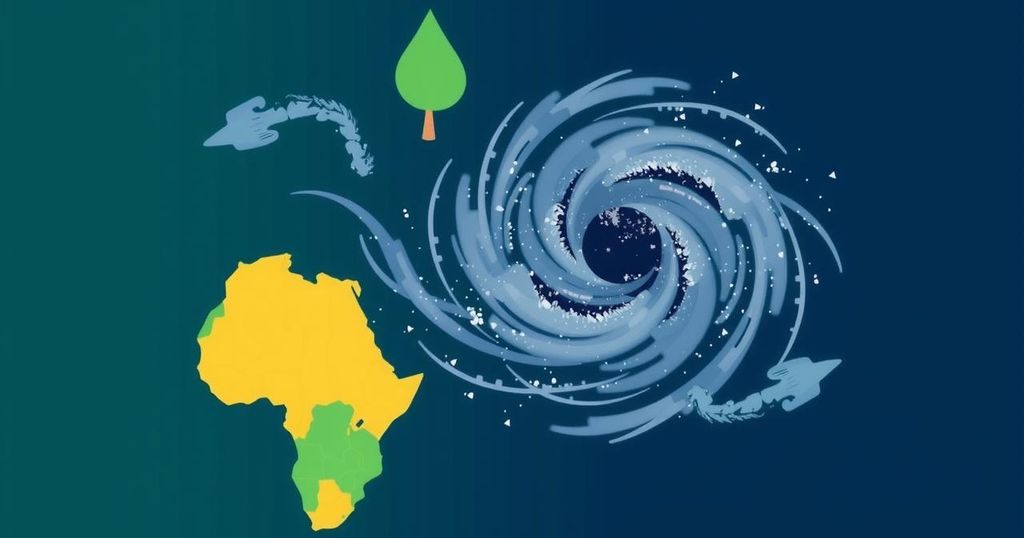Global Developments: Egypt Declared Malaria-Free, Cuba Faces Storm Crisis, Political Instability in Mozambique, and Humanitarian Emergency in South Sudan

This article summarizes significant global events including Egypt’s certification as malaria-free by WHO, severe power outages in Cuba due to a tropical storm, political violence in Mozambique following the assassination of opposition leaders, and the humanitarian crisis in South Sudan caused by extensive flooding affecting nearly 890,000 people.
The global news landscape has recently been marked by several significant events. Firstly, the World Health Organization (WHO) has announced Egypt’s certification as malaria-free, concluding a prolonged battle against the disease that has afflicted the nation for centuries. Director-General Tedros Adhanom-Ghebreyesus hailed this achievement as a landmark moment, stating, “Malaria is as old as Egyptian civilization itself, but the disease that plagued pharaohs now belongs to its history and not its future.” Egypt joins an elite group of only 44 nations worldwide to achieve this status, a milestone that is anticipated to inspire other nations in the region to intensify their efforts against malaria. Meanwhile, in Cuba, a slow-moving tropical storm has led to severe power outages affecting approximately 10 million people. The UN has expressed readiness to assist as the nation’s power infrastructure faces ongoing challenges exacerbated by the effects of climate sanctions. UN Deputy Spokesperson Farhan Haq reported that the storm has already caused significant rainfall that may lead to flooding, complicating the ongoing crisis of power shortages and infrastructure deterioration. In Mozambique, UN Secretary-General António Guterres has called for a thorough investigation into the recent assassinations of two opposition officials amidst electoral disputes. These targeted killings have heightened tensions in a nation struggling with political violence. Guterres urged for calm and restraint among the populace, emphasizing the UN’s commitment to supporting peace and stability in Mozambique during this critical time. Lastly, the WHO has mobilized assistance in South Sudan, where catastrophic flooding has severely affected 890,000 individuals. With hundreds of thousands displaced and significant portions of infrastructure submerged, the humanitarian situation worsens amid rising malaria cases and potential cholera outbreaks. The WHO has dispatched emergency health kits to assist those impacted by the disastrous flooding, marking a proactive step towards alleviating the crisis.
The articles focus on notable developments across various countries concerning public health, natural disasters, and political stability. The WHO’s certification of Egypt as malaria-free underscores a successful public health initiative, while Cuba’s tropical storm illustrates the vulnerabilities faced by nations in disaster preparedness and infrastructure reliability. Mozambique’s political unrest following the murder of opposition figures highlights the fragile nature of democracy in regions undergoing political transformation. Finally, South Sudan’s ongoing struggles with flooding and related health crises demonstrate the compounded effects of climate change on humanitarian conditions.
In summary, the recent developments reflect both triumphs and challenges on the global stage. Egypt’s landmark declaration as malaria-free serves as a beacon of hope for public health initiatives, while Cuba faces immediate crises stemming from environmental hardships. The political turmoil in Mozambique emphasizes the need for stability and accountability, and the humanitarian disaster in South Sudan reveals the urgent need for international support in the face of climate-induced crises. Together, these events illustrate the interconnectedness of global health, political stability, and disaster resilience.
Original Source: news.un.org








